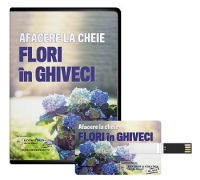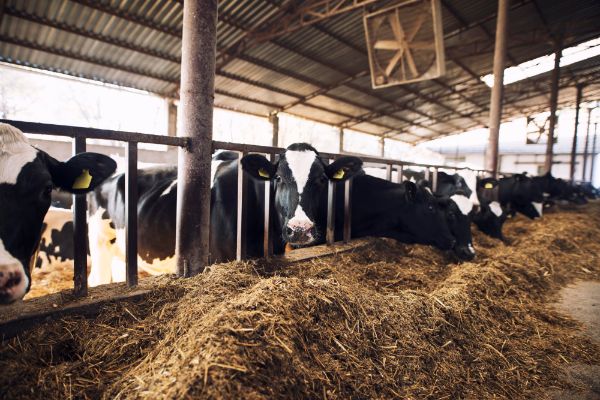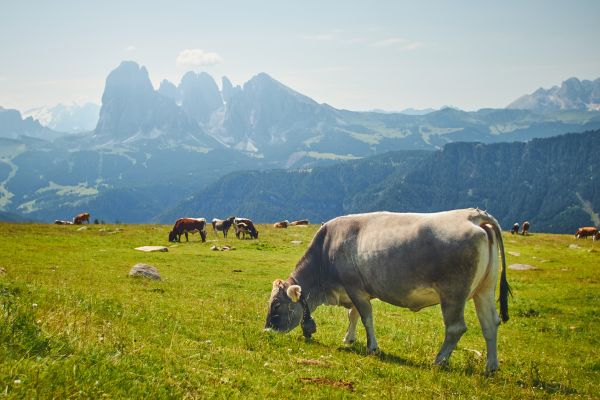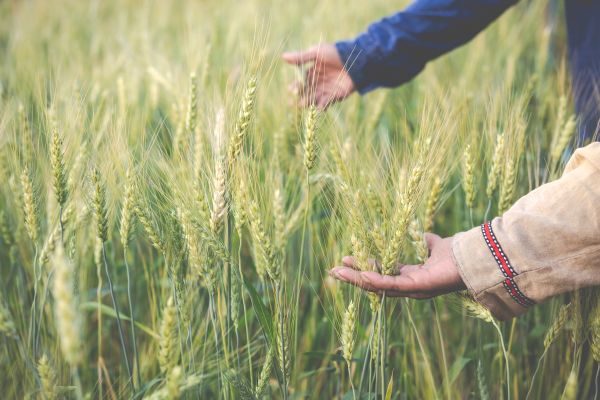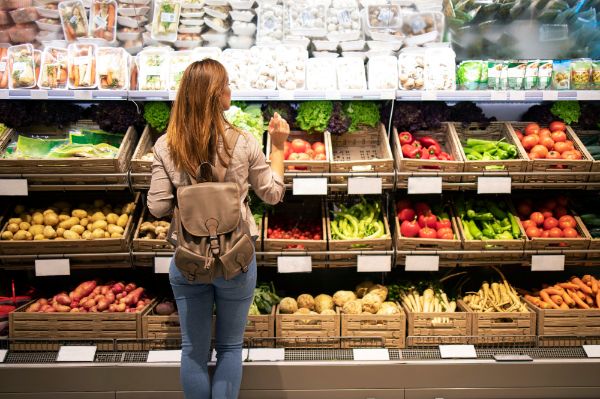The Code of Good Practice, currently on the President’s desk, is widening the gap between local foodstuff producers and traders, the latter mostly international networks. Representatives of local producers say this is the best anti-crisis measure, because it would protect the local industry, which would be able to create jobs, and would lead to a drop in foodstuff imports. Traders argue that prices will rise, there will be financial shortages that can generate bankruptcies and, implicitly, a drop in the number of jobs in the retail sector.
The National Council of Private Small and Medium-Sized Enterprises in Romania (CNIPMMR) said that the Code of Good Practice supports the interests of Romanian producers. “This law is one of the best anti-crisis measures that the Boc [Prime Minister] government has taken,” said Ovidiu Nicolescu, CNIPMMR’s President.
The Code prohibits the sale of products below costs, a measure applied by a series of producers until they drove competitors off the market, after which they raised prices, Nicolescu indicated. The new law sets precise and tighter deadlines for the payment of suppliers. “Local producers are financing large retail chains, which no longer need to borrow from banks, and it is Romanian enterprises that are taking out loans,” the CNIPMMR official said. This piece of legislation could result in a 20 percent decline in foodstuff imports in one-two years, considering that Romania’s foodstuff imports amount to €6 billion annually.
Read more in Business Standard
The National Council of Private Small and Medium-Sized Enterprises in Romania (CNIPMMR) said that the Code of Good Practice supports the interests of Romanian producers. “This law is one of the best anti-crisis measures that the Boc [Prime Minister] government has taken,” said Ovidiu Nicolescu, CNIPMMR’s President.
Exclusiv - beneficiati acum de Oferta Speciala de mai jos:
Afacere la cheie cu flori in ghiveci
Aveti un teren de 100 mp Puteti castiga fara efort 30 000 de euro an cultivand si comercializand FLORI IN GHIVECI Florile in ghiveci castiga din ce in ce mai mult teren Motivul este usor de intuit – florile in ghiveci rezista un timp mai indelungat – si acesta este un aspect care conteaza enorm mai ales daca este...
Oferta Speciala
valabila 48h
valabila 48h
The Code prohibits the sale of products below costs, a measure applied by a series of producers until they drove competitors off the market, after which they raised prices, Nicolescu indicated. The new law sets precise and tighter deadlines for the payment of suppliers. “Local producers are financing large retail chains, which no longer need to borrow from banks, and it is Romanian enterprises that are taking out loans,” the CNIPMMR official said. This piece of legislation could result in a 20 percent decline in foodstuff imports in one-two years, considering that Romania’s foodstuff imports amount to €6 billion annually.
Read more in Business Standard
Autor: AgroRomania.ro
Votati articolul
Nota: 5 din 1 voturi
Urmareste-ne pe Google News



